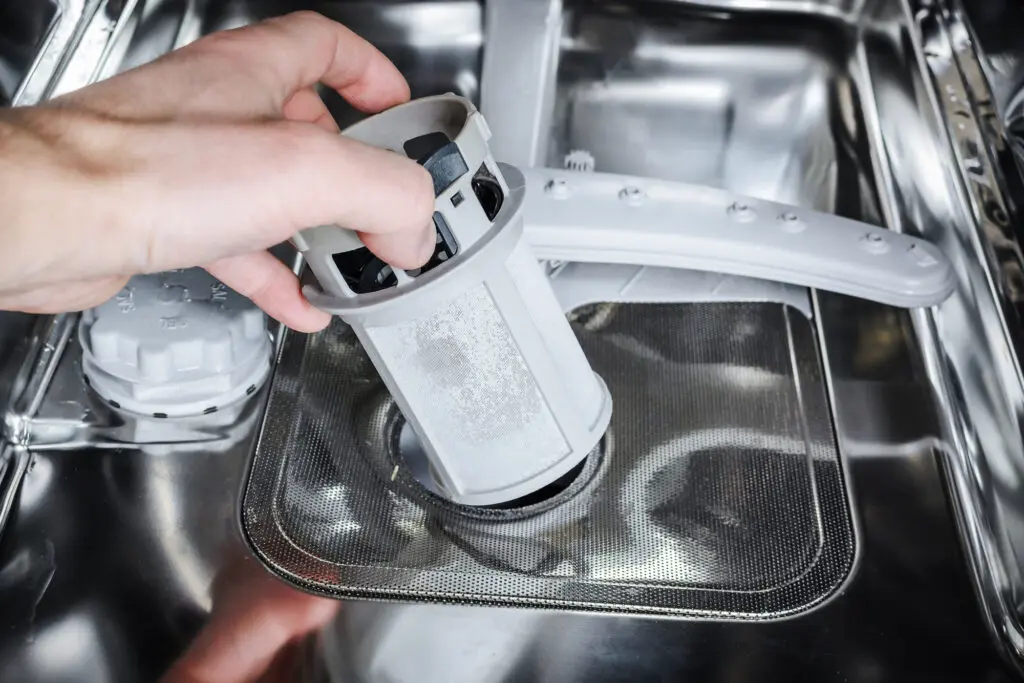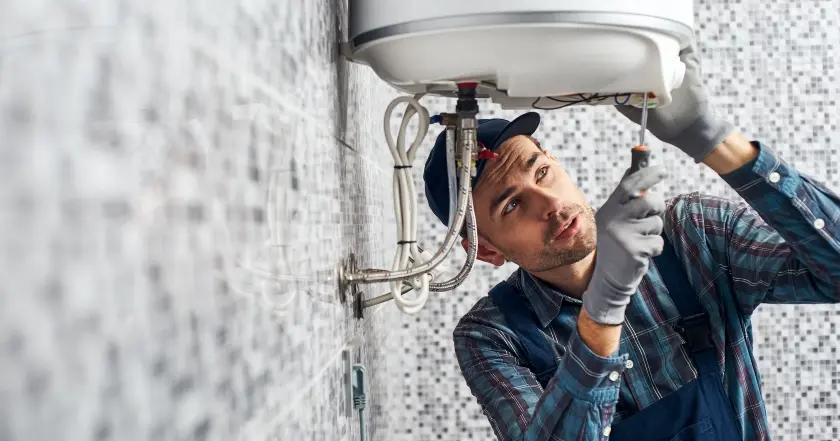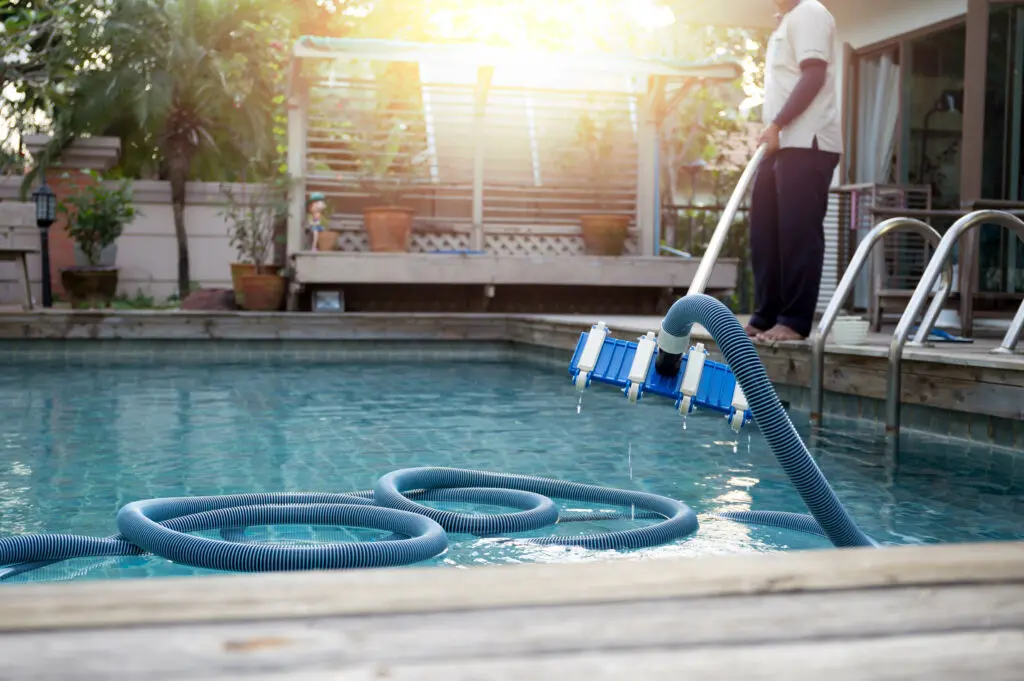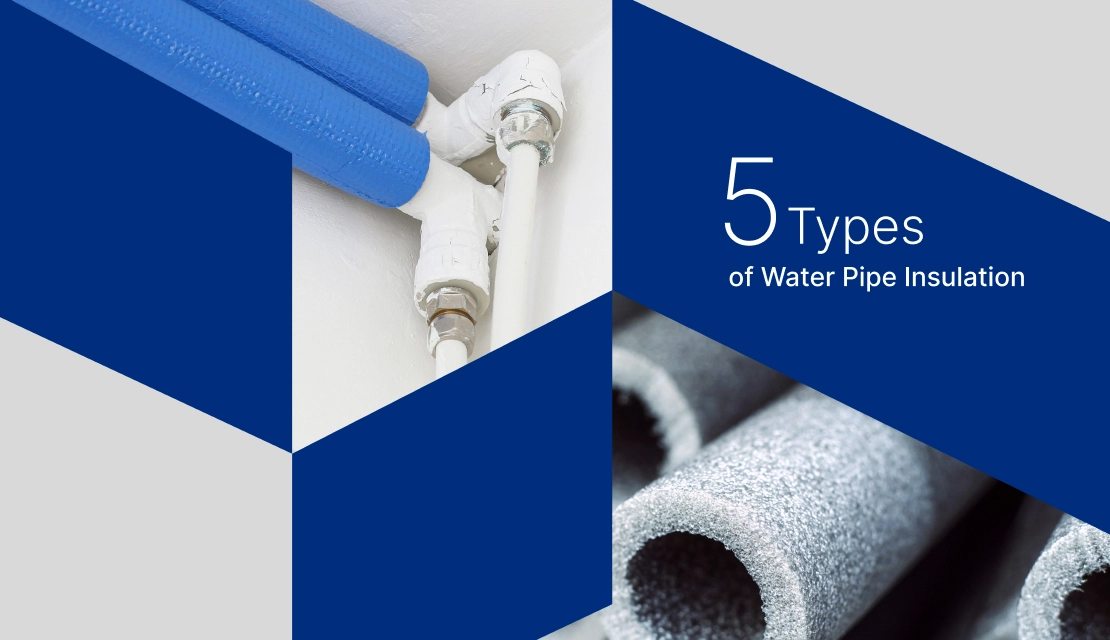
Your dishwasher puts in a ton of work throughout the year, saving countless hours you’d otherwise spend hand washing dishes. Of course, like most home appliances, dishwashers need routine cleaning and maintenance to keep them running their best.
If you’d rather not go back to washing every plate, bowl, and spoon by hand, read on. This guide will help you get the most out of your dishwasher, regardless of brand, make, or model.
Regularly cleaning and maintaining your dishwasher is critical. If you don’t keep up with it, you might notice specks on your dinnerware or strange odors coming from the machine. It won’t clean dishes nearly as well if it’s not clean itself.
Dishwasher maintenance and basic cleaning can also help your dishwasher last longer. According to Consumer Reports, dishwashers should last about 10 years. However, they also note nearly one in four dishwashers had issues within the first few years of ownership. That’s roughly 25% of dishwashers breaking down before the five-year mark.
Naturally, proper maintenance and careful cleaning reduce these risks, but you’re not alone in worrying about your home appliances failing. That’s why we offer home warranty coverage on dishwashers in addition to garbage disposals, refrigerators, stoves, and more.
Yes! Proactively rinsing dishes before adding them to a dishwasher is better for the appliance. If you don’t rinse dishes beforehand, particles and debris may get stuck in the moving parts of your dishwasher.
Rinsing dishes in advance also helps ensure they’re completely clean at the end of each wash cycle.
Note that you should never overload your dishwasher. An overloaded dishwasher won’t clean as well as one that’s loaded correctly. Too much clutter keeps water and soap from reaching all surfaces on all dishes. This means you might need to wash them again the next time you use them.
Like most home appliances, dishwashers require routine maintenance. Fortunately, dishwasher upkeep is pretty easy. In fact, most homeowners can manage it themselves.

Many dishwashers have a built-in filter to catch food and debris that may otherwise clog your plumbing. These filters are typically found beneath the bottom spray arm.
Every dishwasher is different, and filters vary among different models. Typically, the filter looks like a mesh screen that can be taken out, shaken off, and rinsed.
In select appliances, the filter can look like a grate above the drain hole. For more modern dishwashers, there may be an additional mechanism to catch food particles. These can often be turned/twisted and lifted out to remove for cleaning.
Once removed, rinse the dishwasher filter in your sink, using regular dish detergent to clean as needed. Any large food debris can be removed from your drain stopper and thrown in the trash. If you have one, you can also send it down your garbage disposal.
If you’re unsure of where to find the dishwasher filter, carefully check around where the water drains. You can also reference the owner’s manual for your dishwasher if you’re still having trouble pinpointing the filter.
Dishwashers need to be run routinely in order to perform their best. Make a point of running your dishwasher once a week (or more) to keep things working as they should.
This is important for the health of the motor, seals, and other dishwasher parts.
Believe it or not, dishwashers still require regular cleaning. Some dishwashers might have a lifetime of buildup affecting performance. This could be a mix between mineral deposits from hard tap water or grime from food particles.
You should clean your dishwasher at least once per month. This will fight the buildup of mold, bacteria, and other nasty stuff that can lead to odors or other issues.
While plenty of dishwasher cleaners are available at your local grocery store, vinegar is a great alternative. It’s completely safe to use, too! As a result, you can run a wash cycle with vinegar to effortlessly clean the machine’s interior.
To run a load that will help rinse away heavy build up, follow these simple steps:
Be sure to take this opportunity to wipe down any gaskets, as well as the door and exterior of the dishwasher.
If you’re using a dedicated dishwasher cleaner, follow the instructions on the package. Cleaning steps may vary depending on the product.
If your home taps into hard water, there may be mineral buildup around the spinning arms and other moving parts. This can also happen over time from food particles.
Soak the arms in vinegar and use a pipe cleaner to scrub the holes if there’s especially bad mineral buildup.
You may find that there is a mechanical issue with your spray arms and need service. When you have a home warranty plan, we’ll connect you with a service technician to handle the repairs. Call us at 800-670-8931 to learn more about our plans and get your dishwasher protected.
Watch out for these common problems and signs that your dishwasher is going out:
Most manufacturers offer a limited one-year warranty for dishwashers, though this varies from brand to brand and model to model. If you’re having issues with a dishwasher, you may be covered under your home warranty.
Dishwasher trouble? Try these tips if you’re dealing with standing water in a dishwasher that won’t drain.
Over time, all appliances require routine cleaning and maintenance. Given more time, they also require repair. With a home warranty from Select, you can call on us to repair or replace your dishwasher for covered issues.
Dishwasher coverage through Select Home Warranty typically includes repair or replacement of the:
Pro Tip: Keep maintenance records on hand if you ever had to repair your dishwasher in the past. This documentation is essential to processing your claim.
You’re not alone if you’re worried about this vital home appliance failing. That’s why we offer home warranty coverage on garbage disposals, refrigerators, stoves, and more!
What else does a home warranty cover? Learn more about what protections are offered through a plan with SHW.

Don’t wait until it’s too late! Check out our current plans and get your free quote.

Household Tips
Boilers are among the most efficient methods of home heating, keeping your home reliably warm through winter months. There are a few ways you should check up on your boiler..

Household Tips
If you’re reading this, odds are summer’s just around the corner or already here. Before you kick back to enjoy the sunny days to come, DIY home inspections and maintenance..

Household Tips
Ever seen a tiny crack flood an entire room? That’s what can happen when you skip water pipe insulation and winter rolls in like it owns the place. It’s not..